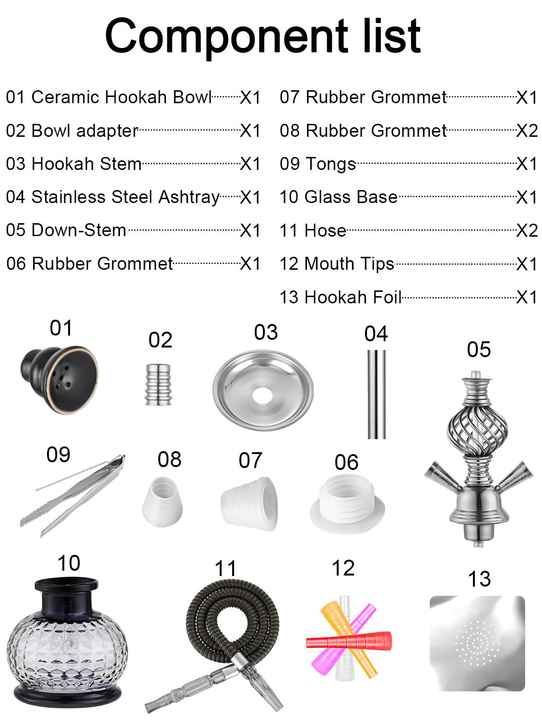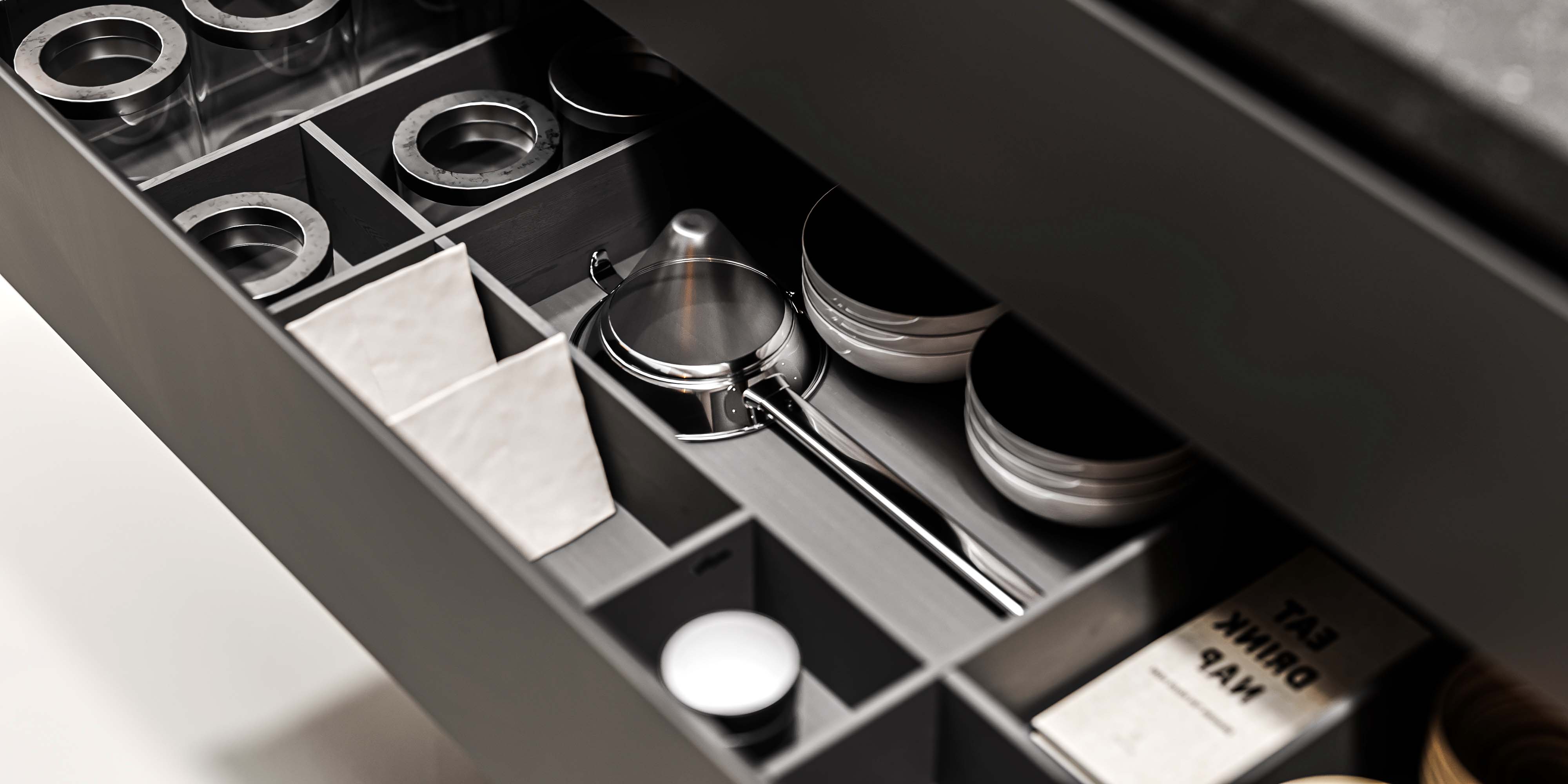Understanding the Custom Metal Material Options for Hardware Customization
Custom hardware options have been gaining popularity in recent years due to their ability to meet specific needs and preferences. One such option is custom metal materials, which can provide a unique and high-quality finish to hardware products. However, choosing the right metal material requires careful consideration of factors such as strength, durability, corrosion resistance, and cost. Some popular custom metal materials include steel, aluminum, brass, and titanium. Each material has its own set of advantages and disadvantages, and the choice ultimately depends on the application and budget. For example, stainless steel is commonly used for outdoor equipment because of its durability and resistance to rust, while titanium is ideal for high-end automotive parts due to its lightweight and strength. When considering custom metal materials, it's important to work closely with a manufacturer who has the expertise and resources to create the desired look and performance. In conclusion, custom metal materials provide a valuable option for hardware customization, but selecting the right material requires careful planning and consideration of various factors.
In today's world of industrialization, customization is a key factor in improving efficiency and productivity. One area where this is particularly evident is in the field of hardware manufacturing. Customized metal products not only enhance the functionality of machines but also improve their aesthetics, making them more attractive to consumers. This article will discuss the custom metal material options available for hardware customization and their unique features.
The first step in creating customized metal hardware is to choose the appropriate material. There are several types of metals that can be used for hardware manufacturing, each with its own set of properties and applications. Some of the most commonly used metals for custom hardware include:
Aluminum: Aluminum is a lightweight and versatile metal that is widely used in the manufacturing of various hardware products. It is resistant to corrosion, has excellent thermal conductivity, and is relatively low-cost. However, aluminum can be easily scratched or dented, limiting its use in high-stress environments.
Steel: Steel is one of the most commonly used metals for custom hardware due to its strength and durability. It is available in a wide range of alloys, each with its own set of properties. Stainless steel, in particular, is highly resistant to corrosion and can be used in harsh environments. However, steel can be heavy and prone to rusting if not properly maintained.

Titanium: Titanium is a lightweight and strong metal that is often used in high-end custom hardware applications. It has excellent resistance to corrosion, heat, and stress, making it ideal for use in extreme environments. However, titanium is relatively expensive compared to other metals and may require specialized fabrication techniques.
Chromium Alloy: Chromium alloys, such as chrome plating or stainless steel, offer a combination of strength, corrosion resistance, and aesthetic appeal. They are commonly used in the manufacturing of decorative hardware items like doorknobs, handles, and hinges. However, they can be easily stained or damaged if not handled with care.
When selecting the appropriate metal material for your custom hardware project, consider factors such as weight, strength, durability, cost, and environmental impact. Once you have chosen your metal type, you can explore various customization options to further enhance your product's functionality and appearance.

One popular customization technique for metal hardware is adding texture or patterns to the surface using techniques such as sandblasting, painting, or engraving. This can add visual interest and make your product stand out from competitors while still maintaining its functional purpose. Additionally, incorporating LED lighting into your hardware design can enhance its visibility in low-light conditions and make it more attractive at night.
Another option for customizing metal hardware is adding functional elements like switches, levers, or knobs. These elements can increase the versatility of your product and make it easier to use for different purposes. For example, you can create a switch plate with multiple functions or add an adjustable tension mechanism to a hinge for improved stability.
In summary, choosing the right custom metal material for your hardware project is crucial for achieving the desired level of performance, durability, and aesthetics. With a variety of metals available and numerous customization options to choose from, there are endless possibilities when it comes to creating unique and high-quality custom hardware products that meet specific needs and preferences.

Articles related to the knowledge points of this article:
Title: Customize Metal Panel Stamping in Nanchang: Your One-Stop Solution for Industrial Hardware
Top 5 Hardware Brands for Custom Cabinets
Title: Brightening Your Home with BQ Hardware Customized Door Knobs
Title: Custom Metallurgical Grinding Tools Manufacturers in Minhang District, China



